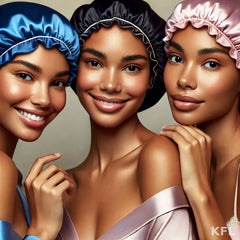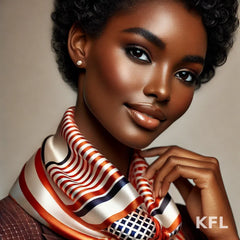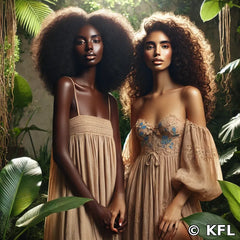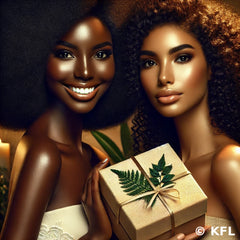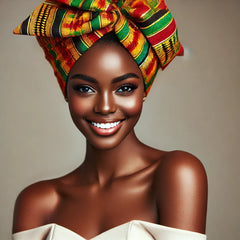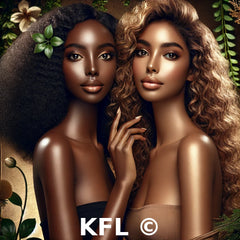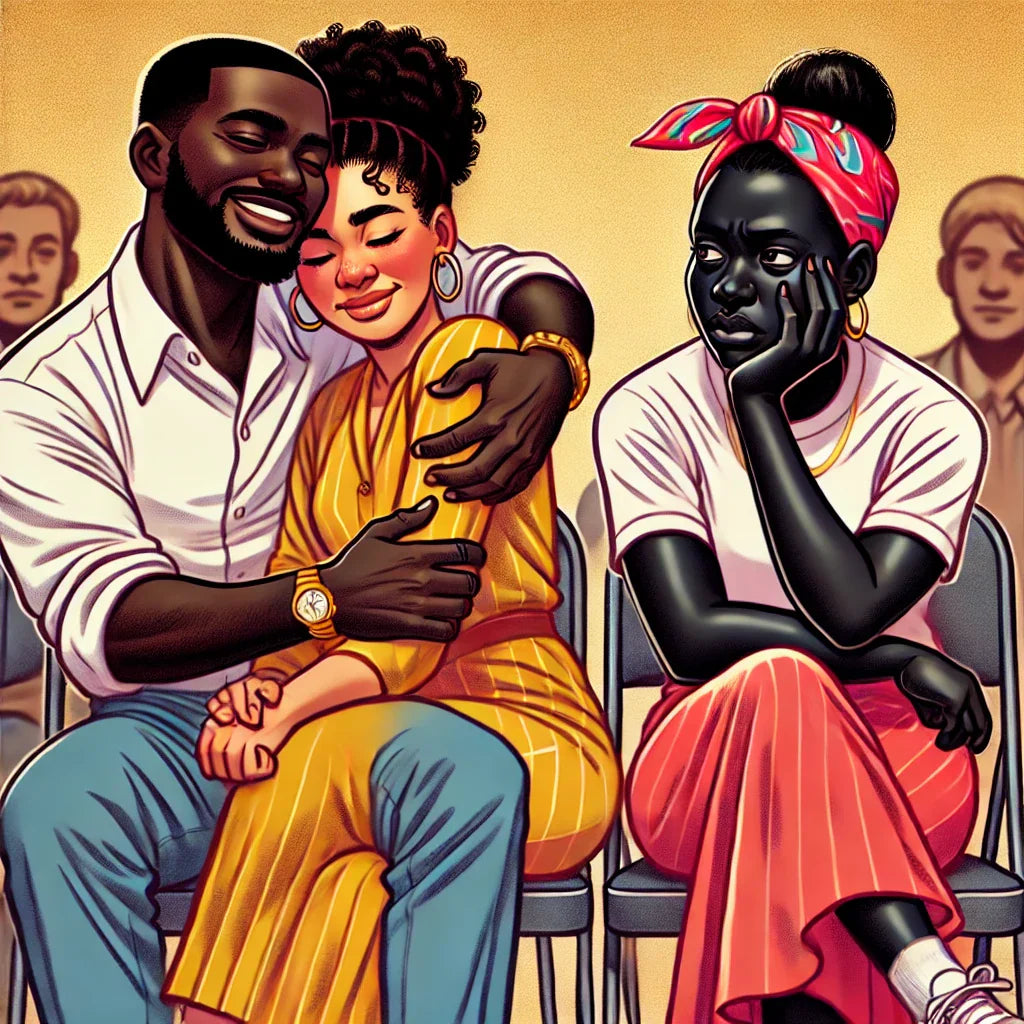
Colorism: A Hierarchy of Skin Color Within Black Communities
Share Label
Colorism refers to discrimination based on skin color within Black communities. This phenomenon occurs when a lighter-skinned Black woman, whether biracial or simply closer to Eurocentric beauty standards, considers herself superior to a darker-skinned Black woman. While all of these women face systemic racism in Western societies, lighter-skinned women can perpetuate racist mechanisms and reject those with darker skin.
The Superiority Complex of Lighter-Skinned and Biracial Black Women
Although lighter-skinned and biracial Black women are themselves victims of racism in Western societies, they often benefit from certain racial privileges due to their lighter skin. They find themselves in a position where they may sometimes view darker-skinned Black women as inferior. This dynamic is reinforced by the idea that a "drop of white blood" makes them more acceptable in the eyes of society, a concept shaped by centuries of colonial racism and Eurocentric ideals of beauty.

The Rejection of Dark-Skinned Black Women and the Internalization of Racism
This phenomenon is not limited to Western societies; it also manifests in Africa, the French Caribbean, the Caribbean, and America, where lighter skin is often seen as a sign of higher social status. Colorism is deeply ingrained there as well, and lighter-skinned and biracial women enjoy privileges that are not afforded to those with darker skin. This creates a hierarchy that marginalizes dark-skinned Black women, reinforcing their social, professional, and romantic exclusion.
The Psychological and Social Consequences of Colorism
This constant rejection and hierarchy between light- and dark-skinned Black women have a major psychological impact, particularly for darker-skinned women. Colorism often leads to a sense of devaluation and exclusion, prompting some dark-skinned Black women to seek ways to "whiten" their skin. In a world where lighter skin is associated with beauty, success, and social acceptance, the idea of skin lightening becomes a strategy for conforming to these standards and gaining some form of social validation.
The Use of Bleaching Products: A Desperate Phenomenon
Some dark-skinned Black women, seeking to conform to these racist beauty ideals, turn to bleaching products. These products, often toxic and harmful to the skin, are used in the hope of "succeeding" socially, attracting a romantic partner, or landing a job. These women feel pressured to change their appearance to meet racist and colorist expectations. They endure both internal and external pressures that exacerbate their feelings of rejection and marginalization.
Colorism in Africa, the Caribbean, and the Black Diaspora
Colorism is not an issue exclusive to Western societies. In Africa, where the majority of the population is Black, forms of discrimination based on skin color are also observed. Dark-skinned women, although representing the majority of the population, are often marginalized in society because of their complexion. Furthermore, in the French Caribbean, the Caribbean, and America, lighter skin is often perceived as a sign of high social status, and darker-skinned women may be rejected in certain social and professional circles.
Conclusion: Fighting Colorism and Racial Hierarchy
Colorism is a scourge within Black communities, where they face not only external systemic racism but also internal discrimination due to biased perceptions of skin color. To break this dynamic, it is essential to denounce colorism and celebrate Black beauty in all its shades. Black women, whether light or dark, must be valued for their unique identity, diversity, and history.


